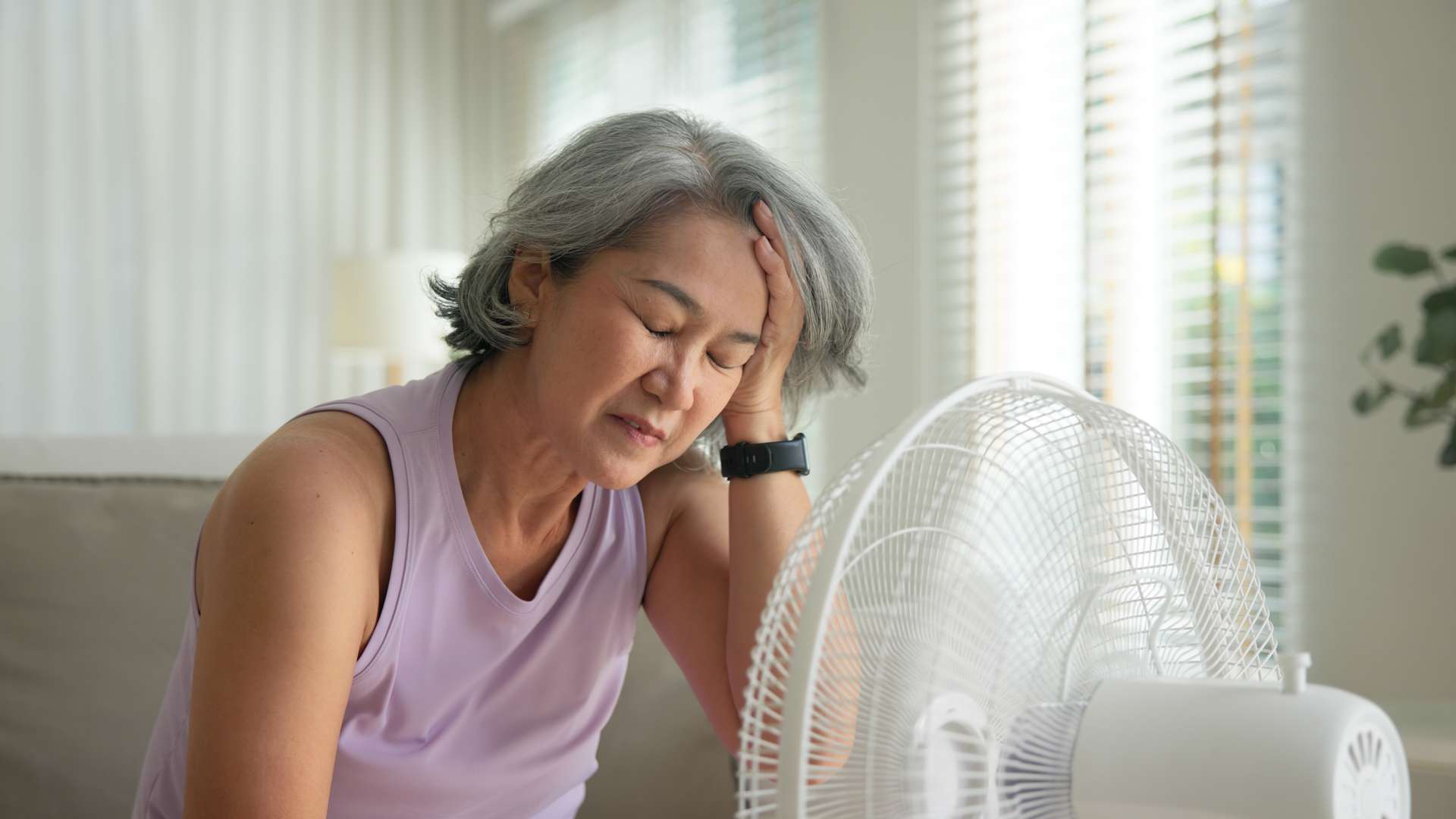An observational, uncontrolled study involving 156 consecutive patients with relapsing-remitting multiple sclerosis found that vitamin D3 supplementation may protect against relapse. Patients were under first-line immunomodulatory and with initial vitamin D levels lower than 100 nmol/l (40 ng/ml). They were treated with 3010 IU vitamin D per day, on average. Relapses were determined for an average of 30 months during vitamin D and 30 months before supplementation. Researchers found a significant inverse relationship between the relapse incidence rate and vitamin D level and associated every 10 nmol increase in vitamin D level with a reduction in the relapse incidence rate. A plateau effect was observed after patients reached vitamin D levels of 110 nmol/l. This study suggests that vitamin D levels may be inversely associated with relapse rate for multiple sclerosis patients.

Top Health Conditions That Can Benefit From Regenerative Stem Cell Treatment
Stem cells are unique cells with the ability to support the body’s natural repair processes by responding to signals from

